Speeches Shim
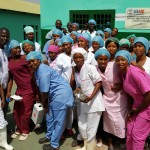
Mariama Keita has been a midwife for more than 30 years now at the maternity center of the regional hospital in Mamou, a prefecture in central Guinea. As the head midwife, she and other service managers have received training to better accommodate patients and make them feel more comfortable.
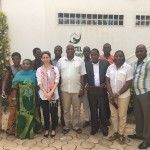
In 2014, the Ebola virus outbreak claimed over 2,000 lives in Guinea. The rapid spread of the disease across the country was primarily due to the Ministry of Health’s lack of communication preparedness and transparency, which led to the citizenry’s complete mistrust of the public health system. As a consequence, people avoided hospitals and reverted instead to alternative health care through local healers, exacerbating the spread of the disease.
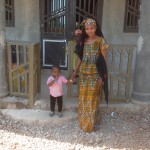
Garambé was once one of the rural towns hardest hit with malaria in Guinea. Everyone was expected to take a turn with the disease when the rainy season started. People were resigned to having malaria, thinking that it was something they just had to accept. The nearest health center was several kilometers away, and the only antimalarial medicine available there was chloroquine.
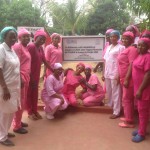
Marie Sylla has been a midwife for more than 15 years now at the maternity center of the regional hospital in Kindia, in the northeast of Conakry. As the head midwife, she has always been on the front line of efforts to protect the lives of children and women whose mortality rates are some of the highest in the world.
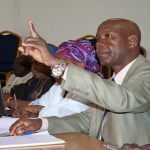
In Guinea, a country that has some of the lowest health indicators in the world, strengthening the Ministry of Health is important to improving health outcomes. And so is increasing the involvement of the National Assembly in health care budgeting as it represents the needs of the populace.


Comment
Make a general inquiry or suggest an improvement.